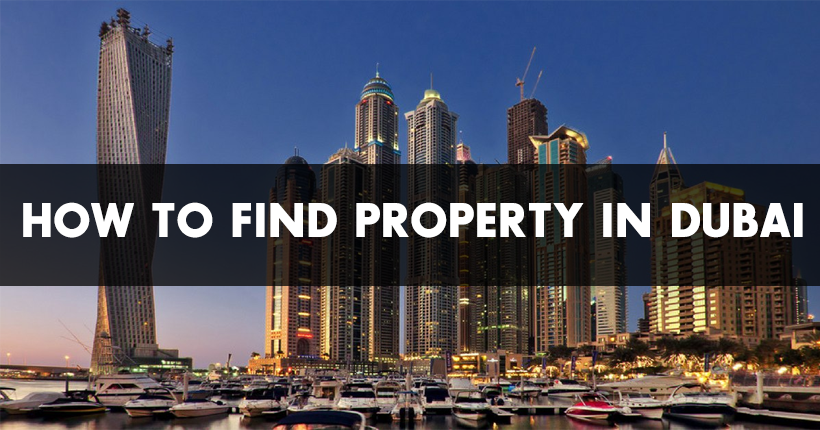
Dubai is a valuable real estate market for investors, with a wide range of properties for sale, including houses and luxury properties. Many people have been wanting to invest in Dubai since the Dubai government amended the laws that allow foreigners to buy properties and apartments. Working with a brokerage you can trust and who will help and advise you through the entire process is important. Purchasing a property in Dubai for foreigners comes with several benefits, including a huge potential for return on investment.
TYPES OF PROPERTIES IN DUBAI
As a foreigner in Dubai, you can generally purchase one of three types of residential properties. You should do a thorough market analysis before purchasing real estate in Dubai.
1. Freehold Properties
Foreigners looking to invest in the UAE or purchasing a home in Dubai are more likely to seek out freehold properties. Residents of the United Arab Emirates have access to freehold properties, which can be rented, sold, or inherited if necessary. In addition to houses and apartments, freehold property has been linked with relatively undeveloped land holdings.
2. Commonhold Properties
This is similar to purchasing a freehold property. When you buy a commonhold property, you get the exclusive right to buy, sell, or rent a property for the benefit of inheritance. However, because commonhold properties are comparable to apartments, the owners must pay fees for the upkeep of the property as well as the common facilities.
3. Usufruct Properties
When you purchase usufruct properties, you are merely signing a long-term lease. A usufruct property’s occupant does not have the power to amend or change it in any way. The life of a lease for usufruct properties can be up to 100 years.
GUIDE TO PURCHASE A PROPERTY IN DUBAI
Some steps will guide you how to purchase property in Dubai:
1. Get your finances in place
Before you start shortlisting properties, you should think about how you’ll pay for them. Remember that the deposit isn’t the only fee to consider; there are also transfer fees, agency fees, sales progression fees, mortgage arrangement fees, and mortgage insurance fees to consider. To get all of the information you need, we recommend speaking with a mortgage advisor – they are experts in their area and can guide you through all of the fees involved in purchasing your first property in Dubai.
2. Make a list of the most important features of the property
Now that you’ve established a budget, you may start to compile a list of must-have home features, such as the number of bedrooms required, the driving distance to a school or office, and whether you prefer a house or an apartment. Be willing to make compromises! Because it is extremely rare for a property to check all of the boxes, priorities this list.
3. Identify the buying process in Dubai
You must have your broker walk you through the full sale process in Dubai from start to end, including how to submit an offer, the negotiation process, essential documentation, the NOC, transfer appointments, and handover. You’re about to take a huge chance and maybe spend the most money you’ve ever spent, so do your research and ask any question that comes to mind.
4. Viewings
Keep an open mind during the viewing process and don’t rule out a house because of one fault — your broker may be able to find a solution. It can be difficult to look past décor that isn’t your style, but it’s important not to put too much emphasis on items that can be easily adjusted.
5. Make a proposal
Decide on what you want to offer when you’ve chosen a house to buy. Send your offer to your broker, who will begin negotiations with the seller. This is the most difficult moment, but your Allsopp & Allsopp broker has it under control and will keep you up to date on every step as soon as possible.
6. Sign the Memorandum of Understanding (MOU)
A memorandum of understanding is a formal document that describes an agreement between two or more parties. It is not legally binding, but it indicates the parties’ willingness to continue through with a contract. Before moving on to the transfer step of the sale, your broker will go over this with you to make sure you’re okay with it.
7. Progression of the Sale
From the developer’s “No Objections Certificate (NOC)” until the transfer, the Allsopp & Allsopp in-house sales progression team will be with you every step of the way to ease you through the sale process and make it as seamless as possible. They operate as a bridge between you, the buyer, the seller, the developer, and the banks involved.
FAQS:
Q1. How can I buy property in Dubai?
A. Conduct an online search for available properties. Contact a real estate agent or, more commonly, contact a developer directly.
Q2. Can I buy property in Dubai as a foreigner?
A. In Dubai, foreign ownership is permitted in areas designated as freehold. Foreigners (who don’t live in the UAE) and expatriate residents may acquire freehold ownership rights over property without restriction, usufruct rights, or leasehold rights for up to 99 years.
Q3. Are houses expensive in Dubai?
A. Remember that Dubai is the most expensive city in the world while looking at housing prices. Abu Dhabi is in a close second place. The cities of Sharjah, Fujairah, and Al Ain are all less expensive.
Q4. Will property prices fall in Dubai?
A. UAE property prices are set to continue rising in 2022, driven by supportive economic reforms and an accelerated vaccination Programme that has helped to hasten a rebound from the coronavirus-induced slowdown last year, according to experts.
